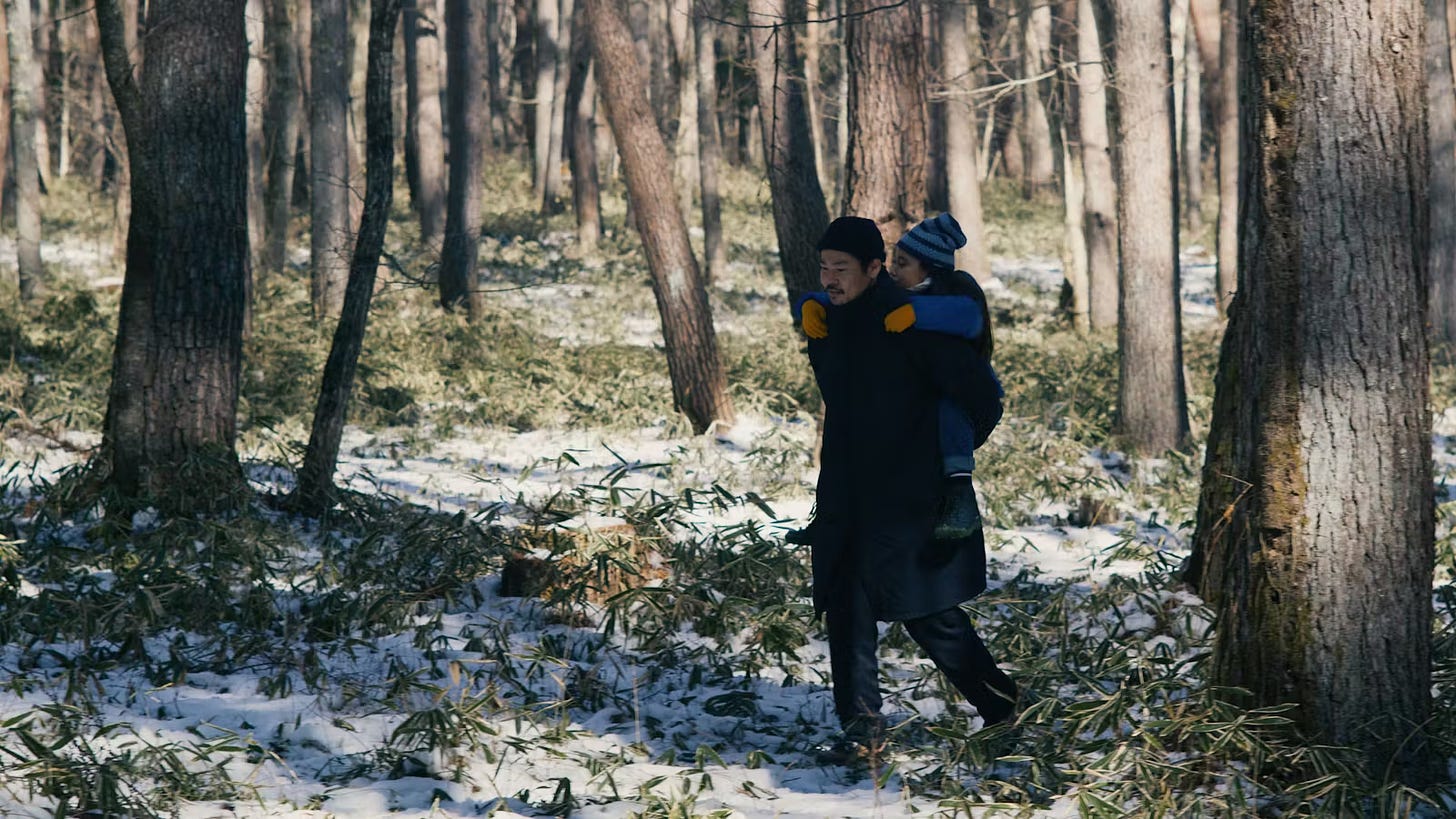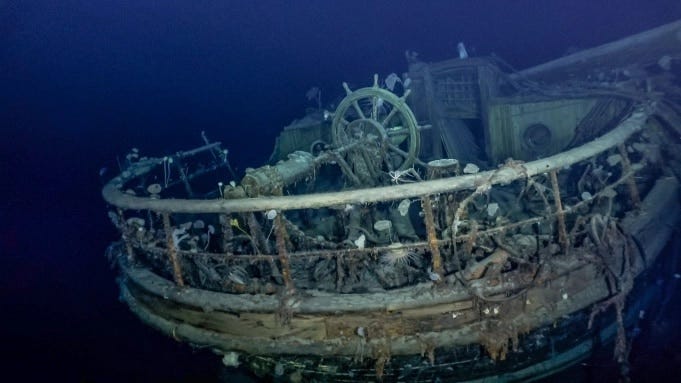Books are one of the many things social media has affected to our detriment. Art is not meant to be made with critics whispering in your ear, rabid fans shouting outside your window, or trolls throwing cabbages because of what they heard you are writing about. If “the inner critic kills the baby in the cradle,” to paraphrase Paul Schrader, making art while surrounded by critics makes for boring art. And I’ve had enough boring art. Here’s some not-boring art:
Jason Mott’s Hell of a Book takes aim at such critics who apparently told him, a successful writer of multiple genres who is Black, that he should write about the Black experience. It makes for an entertaining read, if you’ve ever dealt with the publishing industry, and is a more pointed satire than American Fiction, and involves a Black author on superstar book tour during which a young unarmed Black child is shot by police. There’s a fantastic element—magic realism, for you lit snobs—that works perfectly in making the novel metafiction, without being gimmicky or feeling like it was written to be a NetFlix series (which is impressive, as the author’s debut novel The Returned was made into the TV series Resurrection.) Hell of a Book won the National Book Award, and it’s not too “inside baseball” regarding the writing life for me to recommend it. It’s funny and prescient, and may not live up to its title, but it’s not easily forgotten. Which is saying a lot, these days.
What is a hell of a book is Mr Splitfoot by Samantha Hunt. Twenty years ago, Nat and Ruth were two foster kids being raised in a cult, who posed as mediums so they could escape with a creepy con man named Mr Bell, before they age out and Father marries Ruth off to another cult leader. Now, Cora is pregnant and the father is dangerous; she’s deciding what to do when her aunt Ruth appears, insistent that she follow her on foot on a journey across the immense wilderness of New York state, possibly visiting sites of meteor landings, possibly fleeing a pursuer. It moves like a thriller but is potent and vivid, immersing us in the lives of its characters and their world of fears and wonders. Mr Bell says, “Religions need women. Who else would do all the work?” Which is a book in itself. I miss Ruth, Cora, Nat, and Mr Bell. It tells you its secrets from the start, but the story is so good that I smiled as they were revealed again. I could read the book again upon finishing, and for someone who has perhaps read three books twice in forty years, that is the highest compliment I can give.
Evil certainly exists in that book, in human form. Two memorable movies I watched recently are Evil Does Not Exist, the new film by director Ryusuke Hamaguchi, and Endurance, a documentary on finding the wreck of the eponymous ship captained by Ernest Shackleton on his failed, but not doomed, expedition to Antarctica. The doc is short and a great companion to reading the book Endurance: Shackleton’s Incredible Voyage, by Alfred Lansing. The book is somewhat relentless, and even though I knew they all miraculously survived, it was a harrowing read. The doc is an easier go, and cuts between restored footage from the expedition, with real and AI-generated voiceovers, and modern footage of the icebreaker that eventually found the wreck of the Endurance at the bottom of the Weddell Sea. It’s the closest we’ll likely get to a movie about the expedition, because it’s almost unbelievable. A real happy ending.
Evil Does Not Exist is by the director of Drive My Car, and if that film’s ambiguous ending drove you car-azy, this is not for you. It begins in a remote mountain village, as Takumi cuts wood and carries water. A life at a different speed than in the city. This fresh water is threatened by a corporation wants to build a glamping site there, and put their septic tank upstream of the village. Takumi is a single father raising a daughter who wanders in the woods alone because he’s busy; the two shills from the company who are sent to foist the project on the villagers want to hire him to give a show of trying to placate the locals, and we ingest the story through quiet observation, left to our own devices, much like Takumi’s daughter, who likes to find fallen hawk feathers to give to a friendly village elder. It’s an immersive story with no clear ending, other than life is full of unintended consequences, and we are left to think about our actions, and inactions, and what are we to answer for? If its not direct, it is at least beautiful and thoughtful.
If a newsletter is more your speed, I recommend these.
Benjamin Dreyer is a witty SOB.
Sydney Michalski takes great nature photographs and exudes hopefulness.
Sam Matey is doing the good work of keeping us going.
I shared this before, but if you aren’t reading Antonia Malchik, you probably weren’t reading Rebecca Solnit early enough, either.
If you can’t go outside and let birds cheer you, Laura Erickson will bring them to you.
Likewise, James Freitas:
If urban nature is what you got, Christopher Brown will help you find wonder in it:
If you can’t go outside and touch grass, touch it in books. Here are some of my favorites:
Pilgrim at Tinker Creek, by Annie Dillard
How Far the Light Reaches: A Life in Ten Sea Creatures, by Sabrina Imbler
Fox and I: An Uncommon Friendship, by Catherine Raven
Braiding Sweetgrass, by Robin Wall Kimmerer
The Unexpected Universe, by Loren Eiseley
The links go to Bookshop which supports indie bookstores. I’m not sure why I bother with the links, as no one has bought one of my books, or one of my recommended ones, through my Bookshop affiliate links since 2022, but I will persevere.
Take care of yourselves.














I agree books are an art form social media has changed for the worse. I've always loved old Russian novels, now even more so--and not just because those books were written without too much online criticism, but because there isn't any scrolling in the lives of the protagonists. Thank you for mentioning my newsletter for readers interested in reading about nature.
I love how you promote other writers & newsletters. I find myself searching for lighter reading these days tho — any recommendations for fun, not-too-bloody mysteries, something along those lines?